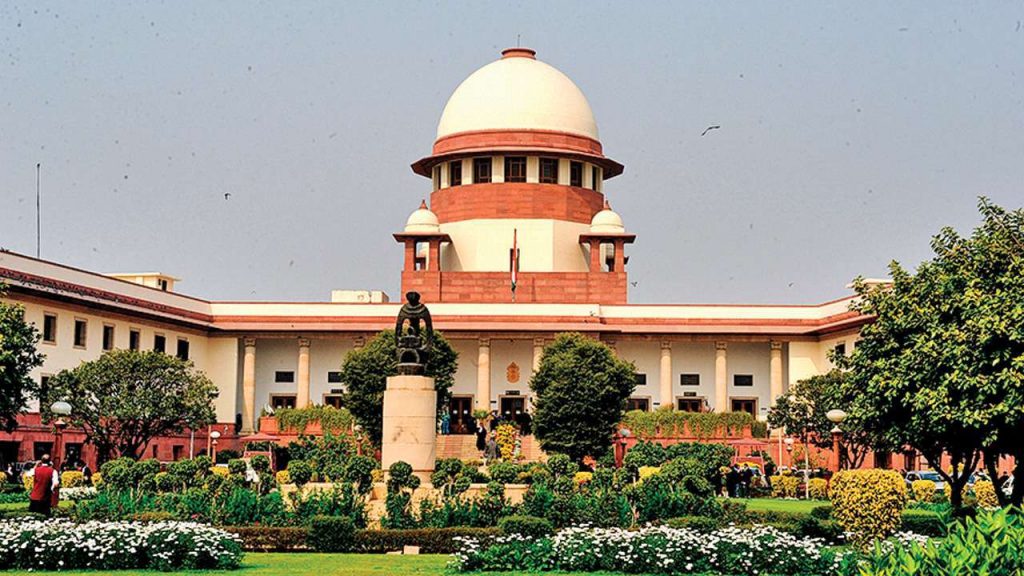New Delhi: There is a “dearth” of rehabilitation professionals or special teachers who alone can impart education and training to handicap persons or children with special needs (CwSN) and are registered by the Rehabilitation Council of India, the Supreme Court said Thursday.
The apex court, observing that this disparity will have to be addressed by the National Council for Teacher Education (NCTE), said persons with disabilities in the country constitute over 2.21 per cent of the total population as per the Census figures of 2011.
A bench headed by Justice A M Khanwilkar said there are only 1,20,781 special educators registered at present with the Rehabilitation Council of India (RCI).
“As of today, there is a dearth of rehabilitation professionals or special teachers recognized and registered by the council, who alone can impart education and training to handicap person/CwSN,” said the bench, also comprising Justices Dinesh Maheshwari and C T Ravikumar.
The bench said this in its 100-page verdict delivered on petitions espousing the cause of teachers having B.Ed. (special) and D.Ed. (special) degree or diploma courses and fully trained to cater to the requirements of CwSN including education and making them independent.
The top court said it is for the NCTE to evolve holistic mechanism in collaboration with the RCI to enhance the number of special teachers to overcome the deficit.
“As per the available data with the unified district information system for education, there are 22.5 lakh CwSN in the country. Further, only 4.33 lakh general teachers have been trained to teach CwSN in addition to teaching general children and only 28,535 special teachers are available for children with special needs/ CwSN,” the bench said.
It noted that these figures were stated this year in July affidavit filed by an under-secretary of the Ministry of Education.
The top court said the Centre must forthwith notify the standards of pupil-teacher ratio for special schools and also separate norms for special teachers, who alone can impart education and training to CwSN in general schools across the country.
The bench said until the competent authority formulates a comprehensive action plan on this, as a “stop-gap arrangement”, the recommendations made in 2019 by State Commissioner for persons with disabilities, National Capital Territory of Delhi, be adopted.
“As a stop-gap arrangement…We are persuaded to adopt the pupil-teacher ratio ascertained in this decision as 8:1 for children with cerebral palsy; 5:1 for children with intellectual disability, ASD (autism spectrum disorder) and specific learning disabilities; and 2:1 for deaf-blind and a combination of two or more of the seven disabilities mentioned in the recommendation..,” the bench noted in its verdict.
PTI
